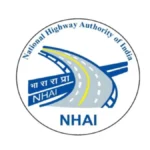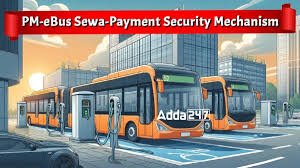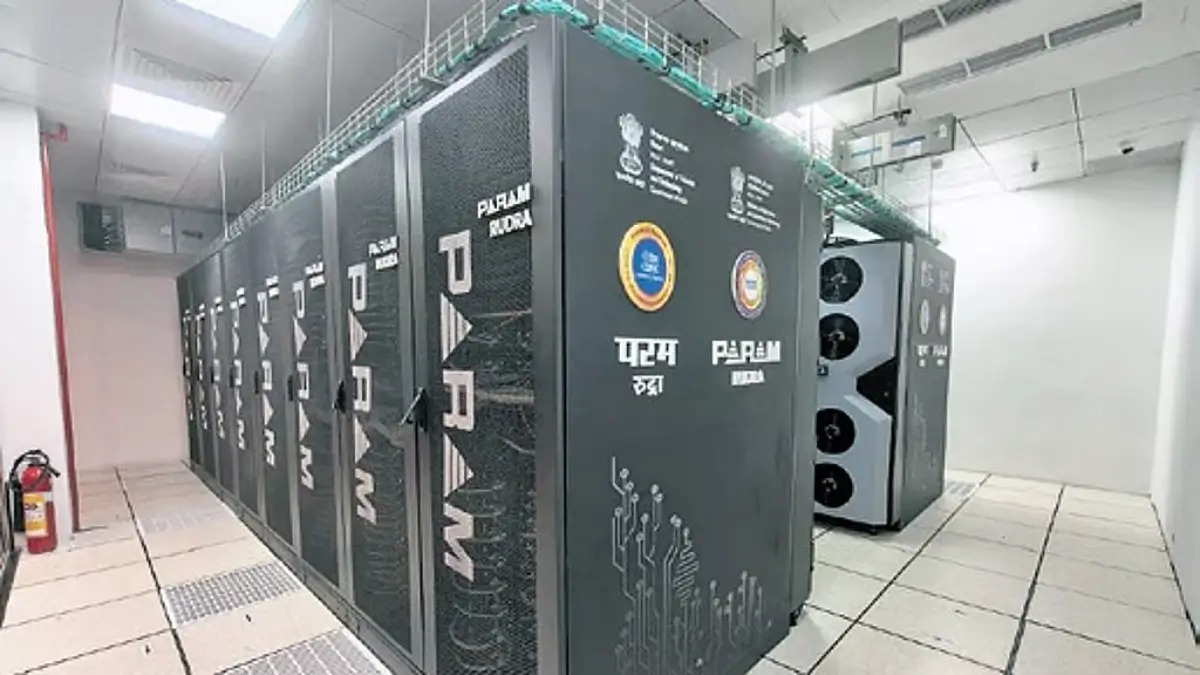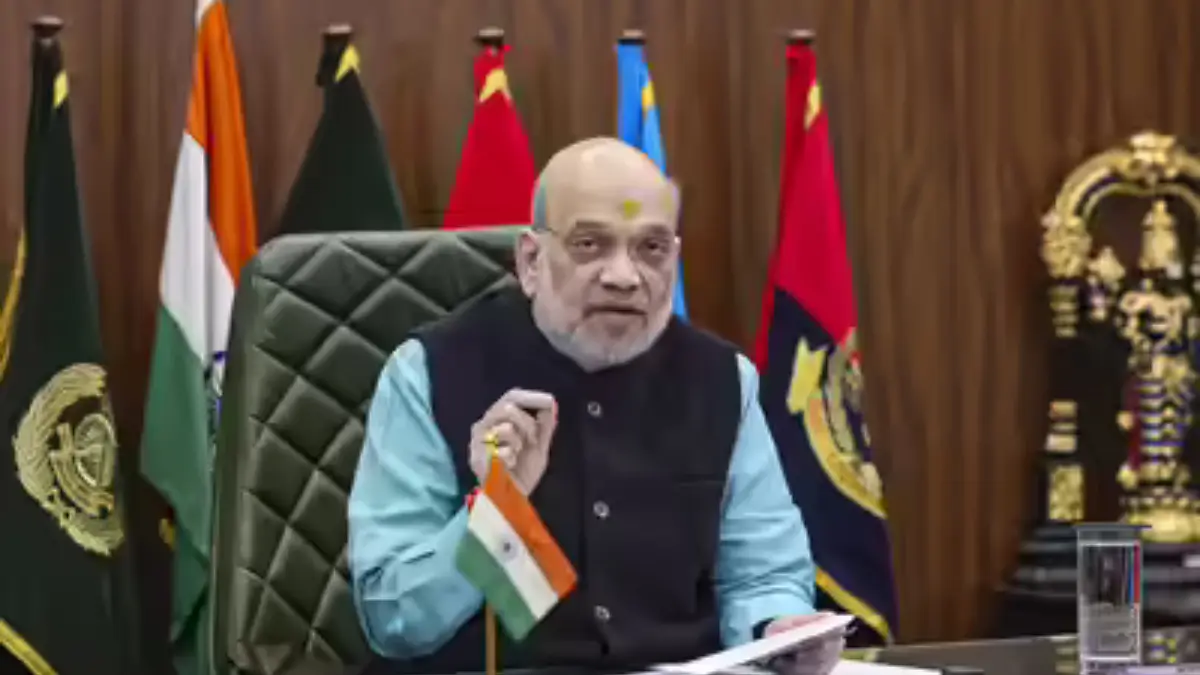Cabinet Approves PM eBus Sewa Payment Security Mechanism (PSM) Scheme
Introduction to the PM eBus Sewa Payment Security Mechanism (PSM) Scheme
The Cabinet has recently approved the PM eBus Sewa Payment Security Mechanism (PSM) Scheme, a significant development aimed at enhancing the payment infrastructure for electric bus services across the country. This initiative is part of the broader Push towards promoting sustainable and green public transportation solutions. The scheme is designed to streamline financial transactions related to eBus services and ensure the security of payments, thereby fostering greater efficiency in the operation and management of electric buses.
Objectives of the PM eBus Sewa Payment Security Mechanism (PSM) Scheme
The primary goal of the PM eBus Sewa Payment Security Mechanism (PSM) Scheme is to establish a robust and reliable payment framework for electric bus services. The scheme aims to:
- Secure Transactions: Implement measures to safeguard financial transactions between operators and passengers.
- Streamline Operations: Simplify the payment processes for eBus services, reducing transaction-related issues.
- Boost Confidence: Enhance trust among stakeholders, including bus operators and users, in the payment system.
Benefits of the Scheme
The PM eBus Sewa Payment Security Mechanism (PSM) Scheme offers numerous benefits:
- Enhanced Security: The scheme introduces advanced security protocols to protect payment data and prevent fraud.
- Operational Efficiency: By automating payment processes, the scheme aims to reduce manual errors and processing delays.
- User Convenience: Passengers will benefit from a seamless payment experience, contributing to higher adoption rates of eBus services.
Implementation and Impact
The implementation of the PM eBus Sewa Payment Security Mechanism (PSM) Scheme is expected to commence shortly, with a phased rollout across various regions. This scheme will significantly impact the electric bus sector by improving financial management and operational transparency. As eBus services become more prevalent, the scheme will play a crucial role in supporting the growth and sustainability of green transportation options.
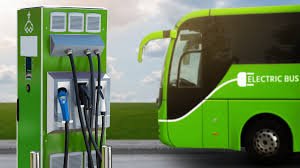
Why This News is Important
Promoting Green Transportation
The approval of the PM eBus Sewa Payment Security Mechanism (PSM) Scheme highlights the government’s commitment to advancing green transportation solutions. By focusing on electric buses, the scheme supports efforts to reduce carbon emissions and promote environmental sustainability. The initiative aligns with India’s broader goals of combating climate change and enhancing urban mobility through cleaner transportation options.
Enhancing Payment Security
The introduction of a robust payment security mechanism is crucial for the success of eBus services. Ensuring that financial transactions are secure and efficient addresses one of the key challenges associated with digital payments in public transportation. This scheme will help build trust among users and operators, encouraging wider adoption of eBus services.
Supporting Operational Efficiency
The scheme’s focus on streamlining payment processes and reducing manual errors is expected to enhance the overall efficiency of eBus operations. By automating financial transactions and implementing advanced security measures, the scheme will contribute to smoother and more reliable eBus services. This is particularly important as the demand for public transportation continues to grow.
Historical Context
Development of Electric Bus Services in India
Electric bus services have gained traction in India as part of the country’s efforts to promote sustainable transportation. The government has launched various initiatives to support the adoption of electric vehicles (EVs), including subsidies, incentives, and infrastructure development. The introduction of the PM eBus Sewa Payment Security Mechanism (PSM) Scheme represents a significant step in this ongoing effort to enhance the viability and efficiency of electric buses.
Previous Challenges in Payment Systems
Historically, payment systems for public transportation have faced challenges related to security, efficiency, and user trust. Issues such as fraud, transaction delays, and manual errors have hindered the smooth operation of bus services. The PM eBus Sewa Payment Security Mechanism (PSM) Scheme addresses these challenges by implementing advanced security measures and streamlining payment processes.
Key Takeaways from the PM eBus Sewa Payment Security Mechanism (PSM) Scheme
| Serial Number | Key Takeaway |
|---|---|
| 1 | The PM eBus Sewa Payment Security Mechanism (PSM) Scheme aims to enhance the security of financial transactions for electric bus services. |
| 2 | The scheme seeks to streamline payment processes, improving operational efficiency and reducing manual errors. |
| 3 | The initiative supports the growth of green transportation by promoting the use of electric buses and aligning with environmental goals. |
| 4 | Implementation of the scheme is expected to build trust among users and operators, encouraging wider adoption of eBus services. |
| 5 | The scheme represents a significant development in addressing historical challenges related to payment systems in public transportation. |
Important FAQs for Students from this News
1. What is the PM eBus Sewa Payment Security Mechanism (PSM) Scheme?
The PM eBus Sewa Payment Security Mechanism (PSM) Scheme is a new initiative approved by the Cabinet to enhance the security and efficiency of financial transactions for electric bus services. It aims to streamline payment processes and safeguard transaction data.
2. Why is the PM eBus Sewa Payment Security Mechanism (PSM) Scheme important?
This scheme is crucial because it addresses challenges related to payment security and operational efficiency in electric bus services. By ensuring secure and seamless transactions, it supports the broader adoption of electric buses and contributes to environmental sustainability.
3. How will the PM eBus Sewa Payment Security Mechanism (PSM) Scheme benefit users?
The scheme will provide users with a secure and convenient payment experience. It will reduce transaction-related issues and enhance trust in the payment system, leading to increased adoption of electric bus services.
4. What are the expected impacts of implementing the PM eBus Sewa Payment Security Mechanism (PSM) Scheme?
The implementation is expected to improve operational efficiency, reduce manual errors, and enhance overall reliability of electric bus services. It will also contribute to the growth of green transportation options in India.
5. When will the PM eBus Sewa Payment Security Mechanism (PSM) Scheme be implemented?
The scheme is expected to be rolled out in phases across various regions in India. The timeline for full implementation will depend on the readiness of the involved stakeholders and infrastructure.
Some Important Current Affairs Links











